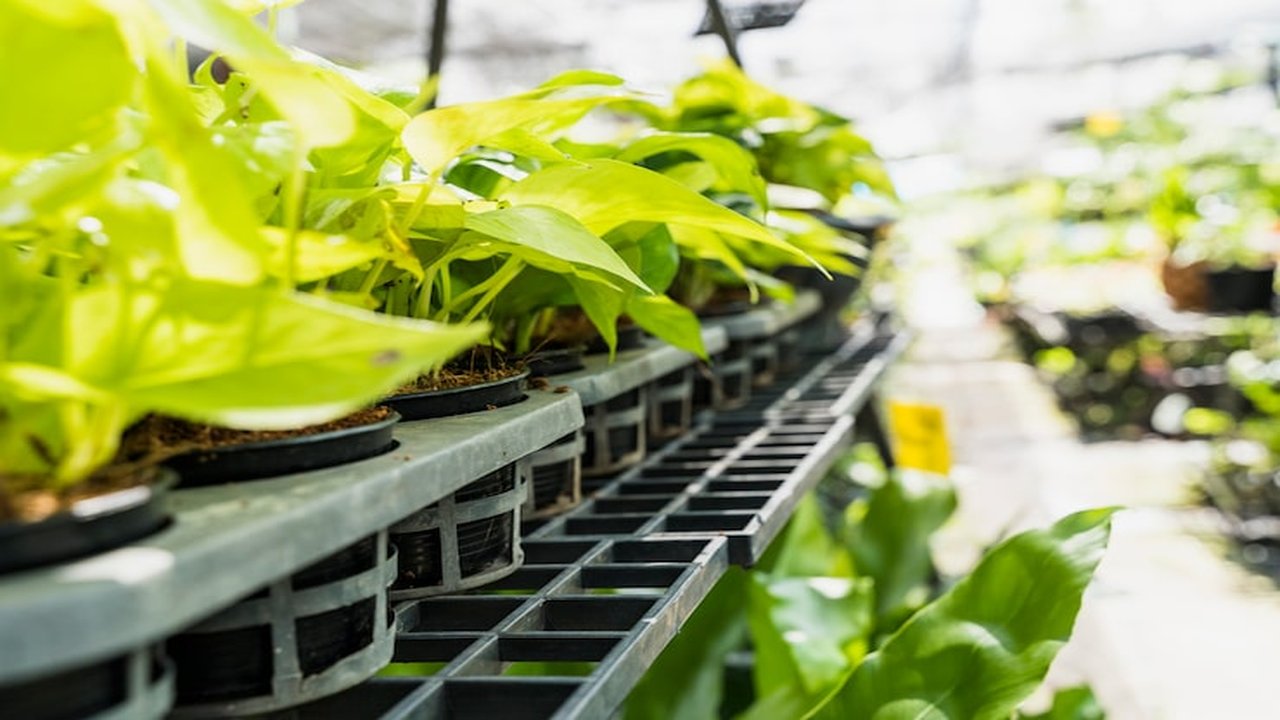 With 55 percent of the global population residing in urban areas and projections nearing 70 percent by 2050 (United Nations), the urgent need for sustainable urban food systems is undeniable. In a world grappling with limited food access and rising costs, the promise of Urban Agroecology (UA+) shines as a beacon of hope. This article delves into how UA+ not only enhances food and nutrition security but also fosters resilience, justice, and sustainability in urban environments. Through innovative strategies and community-driven initiatives, UA+ offers a transformative framework that empowers individuals to shape their food future while addressing systemic challenges.
With 55 percent of the global population residing in urban areas and projections nearing 70 percent by 2050 (United Nations), the urgent need for sustainable urban food systems is undeniable. In a world grappling with limited food access and rising costs, the promise of Urban Agroecology (UA+) shines as a beacon of hope. This article delves into how UA+ not only enhances food and nutrition security but also fosters resilience, justice, and sustainability in urban environments. Through innovative strategies and community-driven initiatives, UA+ offers a transformative framework that empowers individuals to shape their food future while addressing systemic challenges.
The Growing Importance of Urban Agroecology
Urban areas are becoming increasingly populated, with 55 percent of the global population currently residing in cities, a number expected to rise to nearly 70 percent by 2050 according to the United Nations. This rapid urbanization poses significant challenges to food access, nutrition security, and sustainability. In response to these challenges, Urban Agroecology (UA+) emerges as a vital solution that combines ecological principles with social justice to reshape urban food systems. Unlike traditional urban agriculture, which encompasses various farming practices, UA+ focuses on diversity, knowledge sharing, economic well-being, and cultural aspects of food production. By prioritizing these elements, UA+ not only increases food production in urban areas but also empowers communities to make informed choices about their food sources and consumption patterns.
The concept of UA+ is particularly relevant in addressing the inequities present in urban food systems. Limited land access, lack of economic resources, and bureaucratic hurdles often hinder the scalability of urban agriculture initiatives. For instance, in cities like Washington, D.C., where initiatives like the Urban Farming and Food Security Amendment Act aim to support urban farming, challenges persist in providing equitable access to resources for Black, Indigenous, and People of Color (BIPOC) farmers. By acknowledging and addressing these barriers, UA+ offers a pathway towards more inclusive and sustainable urban food systems. Through initiatives like the Citizen Science and Food Systems Project at the University of the District of Columbia, which engages community members in urban farming practices, UA+ not only promotes scientific literacy but also fosters a sense of ownership and empowerment among urban residents.
Resilience and Adaptability in Urban Agriculture
The resilience of urban food systems is crucial in the face of evolving challenges such as climate change, resource constraints, and societal shifts. Urban Agroecology (UA+) plays a pivotal role in enhancing the resilience and adaptability of urban agriculture by promoting sustainable practices and community engagement. By integrating principles of agroecology into urban farming, UA+ emphasizes the importance of ecological balance, biodiversity, and local knowledge sharing. These practices not only contribute to increased food production but also help mitigate environmental risks such as urban heat islands, flooding, and water shortages.
In the context of urban resilience, the collaboration between academic institutions, nonprofits, and local communities becomes essential. Initiatives like the Center for Urban Agriculture and Gardening Education at the University of the District of Columbia demonstrate how partnerships can drive innovation and knowledge sharing in urban agriculture. Through programs like the Citizen Science and Food Systems Project, which involve community members in hands-on farming practices, UA+ not only builds ecological literacy but also fosters a sense of collective responsibility towards sustainable food production. By nurturing these collaborative efforts, urban areas can build resilient food systems that are better equipped to withstand future challenges.
Equity and Inclusivity in Urban Food Systems
Achieving equity and inclusivity in urban food systems is a critical aspect of sustainable development. Urban Agroecology (UA+) offers a framework that prioritizes social justice, economic well-being, and cultural diversity in urban agriculture initiatives. However, challenges such as limited land access, financial resources, and systemic biases often hinder the participation of marginalized communities, including Black, Indigenous, and People of Color (BIPOC) farmers. Addressing these disparities requires a multi-faceted approach that involves policy interventions, community engagement, and resource allocation to support underrepresented groups in urban farming.
In cities like Washington, D.C., where initiatives like the Urban Farming and Food Security Amendment Act aim to promote urban agriculture, there is a growing recognition of the need to address inequities in land access and resource distribution. By providing incentives for urban farming on vacant lands and reducing property taxes for qualified residents, policies can create opportunities for BIPOC farmers to engage in food production. Moreover, initiatives that prioritize community involvement and knowledge sharing, such as the Citizen Science and Food Systems Project, help bridge the gap between scientific expertise and grassroots farming practices. By fostering a more inclusive and equitable urban food system, UA+ paves the way for sustainable development and social cohesion within cities.
Conclusion
As urbanization accelerates and challenges to food security mount, the significance of sustainable urban food systems cannot be overstated. Urban Agroecology (UA+) emerges as a beacon of hope, reshaping urban landscapes through diversity, resilience, and inclusivity. By prioritizing social justice, ecological balance, and community empowerment, UA+ not only boosts food production but also fosters a more equitable and sustainable future. Initiatives like the Citizen Science and Food Systems Project exemplify the transformative power of UA+, bridging knowledge gaps and empowering marginalized communities. Embracing UA+ is not just a choice; it is a strategic imperative for cities worldwide to build resilient, inclusive, and sustainable food systems that can withstand the challenges of tomorrow.